
Saga's Automated Assistant
What product would you like to discuss today?
Saga's Automated Assistant
Do you currently have a policy with us?
How does your policy number appear on your documents?
Increasingly, we see manufacturers choosing to rebrand. Renault’s changed its logo three times since 2015, and Hyundai adopted its native Korean pronunciation in all its UK advertising last year.
But in the ever-changing automotive world, which manufacturer stands out as the most memorable among Brits?
At Saga Car Insurance, we put Brits to the test. We asked respondents to draw car logos from memory. We also challenged one pool to attempt to spell 30 of the UK’s best-selling car brands and another pool to pronounce them to determine how well Brits know their Citroens from their Rolls-Royces.
We also analysed car ownership data and delved into the history of all the manufacturers to understand the responses.
Logos let people instantly identify and connect with brands.
In recent years, some car brands have redesigned their logos to varying degrees of success. Kia’s rebrand in 2021 led to a spike of 30,000 people a month searching for “KN Cars” instead of “Kia” due to the confusion caused by the new design.
Artistic skills aside, to test how well Brits recognise car logos and if they’re up to date, we challenged 50 people to draw as many as they could from memory. We scored them on both the accuracy of their drawings and how often each logo was drawn to determine which was the most memorable.
With its simple yet iconic four rings, Audi was the most drawn logo, with 41 out of 50 respondents attempting to draw it. Despite this landslide number, it had the fourth-most accurate success rate - 73% successfully including all four rings. One respondent mistakenly drew the Olympics logo.
The design was introduced in the 1930s and has been used in its current form since 1969, a change that was implemented after VW purchased the company back in 1964. Audi is the fifth most popular car brand in the UK, with 1.8 million cars on the road*, and its straightforward logo was the most memorable.

Established in 1909, Mercedes-Benz’s classic three-pointed star was the second-most attempted logo. Thanks to its simplicity, it’s perhaps no surprise that Brits drew it with 88% accuracy.
Comically, two respondents couldn’t quite put their finger on the design and instead drew a peace sign. Coincidently, Mercedes also trademarked a four-pointed star but has stuck to its current iconic logo for 115 years.

Another German brand in the top ten, 24 respondents attempted to recreate the BMW logo. Despite the design remaining largely unchanged throughout the company's 110-year history, our respondents still struggled, with only 54% managing to draw the logo accurately.
Many people mistakenly believe that the logo symbolises a plane propeller flying through a blue sky. Although BMW did manufacture aircraft engines in its early years, the blue and white colours represent the Bavarian flag, where the company was founded.

Considering Tesla only released its first mass-market car in 2016, it impressively attracted plenty of attempts. This could be attributed to its high-profile CEO and the rapid rise of EVs in the UK. In comparison, Polestar, the only other EV-only manufacturer in the study, was drawn by just six people, reflecting Tesla's dominance in the space.

Rounding off the top five was Ford, the makers of the UK’s best-selling car every year from 1972 to 2020. Though all were able to remember a simple “Ford” in a circle, only 54% managed to include enough detail to consider the attempt a true success.
For this, the drawing would have to include a capital “F” and attempt to recreate the logo’s embellishments.

VW has been the UK’s best-selling car brand** since 2021. So, it may be surprising to see it rank in sixth place, particularly behind its German competitors like BMW and Mercedes, which have fewer cars on UK roads**. 80% of respondents managed to achieve the basic shape and correct letters which have been used by the brand since its inception in 1937.

Honda is one of two Japanese brands to rank in the top ten, though only 47% of respondents accurately depicted the logo by including the box surrounding the 'H' – a key element of its design. It was more drawn than Toyota and Nissan despite selling far fewer cars in the UK** than both in 2023.

Rolls-Royce may be a surprising admission in the top ten, given how rare they are on the road. The icons of luxury motoring, respondents achieved a 73% success rate recreating a pair of overlapping Rs that have been used since 1973. One respondent drew the Spirit of Ecstasy, which was the official logo until 1973 but is still present on the bonnet of all Rolls-Royce vehicles today.

Considered one of the most iconic car manufacturers in the world, our respondents found the Ferrari logo challenging to recreate. Despite 13 respondents taking a punt, only seven managed to draw something that somewhat resembled the famous stallion. It was the only Italian brand to reach the top ten, with Fiat, Lamborghini and Alfa Romeo all missing out.

Toyota rounded out the top ten, with 12 respondents attempting to recreate the logo. Six participants successfully captured the design, which features three overlapping ovals. These ovals form a "T" representing Toyota and also symbolise a steering wheel, reflecting the vehicles they produce. This emblem has been a key part of the Japanese company's identity since 1989.


‘Tes-la’ instead of ‘Tez-la’, or ‘Hyun-day’ instead of ‘Hyun-die’? Car brand names often reflect the heritage of their home countries, with many also deriving from founders’ names like Armand Peugeot or Michio Suzuki. As car manufacturing is an international business, Brits can sometimes struggle to pronounce popular manufacturer’s names.
We asked 35 respondents to attempt to pronounce 30 of the most popular brands in the UK.
We also recorded their attempts. Click on the audio clips below to discover who knew their ‘Ci-tro-en’ from their ‘Ci-tron’ and hear just how torn Brits are between ‘Por-sha’ and ‘Por-sh’.

The study revealed that Brits most often struggle to pronounce French and German car brands, and these manufacturers make up six of the top ten most frequently mispronounced names.
Among them, BMW, or Bayerische Motoren Werke, proved the hardest to pronounce. Considering most respondents had never heard its unabbreviated name, it’s perhaps unsurprising only one respondent could correctly articulate the full name of the German automaker.
Despite being so popular in the UK, respondents found it surprisingly difficult to say “Volkswagen”, failing to correctly pronounce an F instead of a V at the start. Though many identified a W should sound like a V, most stuck to the literal spelling and said “Volks-vagen” instead of “Folks-vagen”.
Another German brand that tripped respondents up was Mercedes-Benz. The blend of Spanish and German pronunciation proved tricky, with 28 out of 35 respondents saying "Mer-say-dees", which is technically incorrect. The correct pronunciation would be "Mer-say-dez Benz" or "Mer-th-eh-des”, as the brand is partly named after the founder’s daughter, Mercédès, which is a Spanish name.
Hyundai and Škoda also presented a challenge for respondents, as both brands recently adjusted their pronunciation in UK advertising to align with their heritage. Twenty-eight respondents failed to use the correct Korean pronunciation of "Hyun-day" instead of the outdated anglicised version, "Hi-yun-die". Similarly, Škoda has reverted to its native pronunciation, "Shko-da," but only nine respondents used it correctly.
Porsche is a brand name that often divides Brits as you’ll find people using both the ‘Por-sh’ and ‘Por-sha’ pronunciations. It seems that it stumped our respondents too with just 42% of people using the correct ‘Por-sha’ pronunciation.
Everyone managed to pronounce 12 out of the 30 brands correctly, including Ferrari, Lamborghini and Tesla. Elon Musk confirmed that Tesla can be pronounced as either "Tes-la" or "Tez-la," with 16 people using the former and 19 opting for the latter.
We also tested another 35 respondents' ability to correctly spell these most popular manufacturers in the UK.

BMW again topped the chart as the most difficult after respondents attempted to spell the German brand’s full name, with zero correct answers.
Despite being one of the nine most popular car brands in the UK with 1.4 million vehicles on the road*, Peugeot was too difficult for half of the respondents. Seventeen failed to recognise the silent ‘t’, instead spelling it as “Persho”, and others misplaced the ‘u’ to create “Puegeot.”
Mitsubishi and Lamborghini puzzled many, perhaps given the length of both names, while Porsche threw 14 respondents off when using the correct pronunciation, which resulted in spellings of “Porsha” instead.
Maybe owing to the recent pronunciation change, Hyundai also stumped spelling respondents, as 40% wrote “Hyundee” while others still stuck to an (incorrect) anglicised “Hyundi.”
Volkswagen fared more positively compared to the pronunciation test, with only five respondents answering incorrectly, as most mistakenly wrote “Volkswagon”. Three brands had a 100% success rate: Ford, Toyota and Fiat.
* https://motorway.co.uk/sell-my-car/guides/most-popular-cars-in-the-uk
** https://www.smmt.co.uk/vehicle-data/car-registrations/
To determine the most memorable car brands among Brits, Saga motor insurance conducted a survey involving 120 participants and 30 best-selling car brands in the UK. The study tested three areas: logo recognition, pronunciation, and spelling accuracy.
50 participants were first challenged to draw car logos from memory, with their accuracy scored based on resemblance to the logos. Saga scored the drawings out of ten and anything above a six was considered a successful attempt.
Saga also asked 35 people to pronounce car brand names from a seed of 30 of the most popular cars in the UK and a further 35 people to spell the same list of brands.
All 30 brands are: Ford, Tesla, Volkswagen, BMW, Mercedes-Benz, Audi, Porsche, Toyota, Honda, Nissan, Mazda, Mitsubishi, Suzuki, Lexus, Hyundai, Kia, Rolls-Royce, Bentley, Aston Martin, Renault, Peugeot, Citroën, Bugatti, Fiat, Ferrari, Lamborghini, Alfa Romeo, Volvo, Polestar, Škoda.
Saga Car Insurance is arranged and administered by Ageas Retail Limited and underwritten by Ageas Insurance Limited.
Whether you're looking for straightforward insurance or cover that's packed with extras, our car insurance has plenty of options for people over 50.
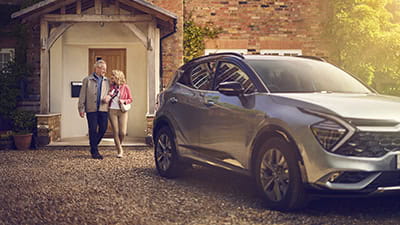

Choose our highest car cover level Saga Plus and freeze the price of your car insurance for 2 years if nothing changes. T&Cs apply.
There's plenty to explore and learn about our car insurance cover.

Your needs and experience catered for, with over 50s car insurance from Saga
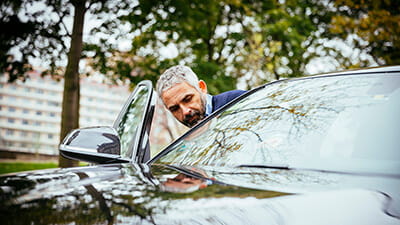
Everything you need to know about car insurance for your Mercedes.
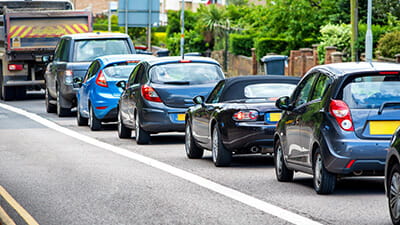
Are petrol and diesel cars destined for the scrap heap? What will the 2030 car ban mean for motorists?

Find the right service for you using our handy guide to achieving a balanced car servicing schedule.
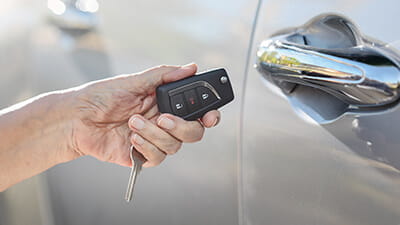
Losing a pair of car keys can be hugely frustrating, but could Car Key Protection Cover give you valuable protection?
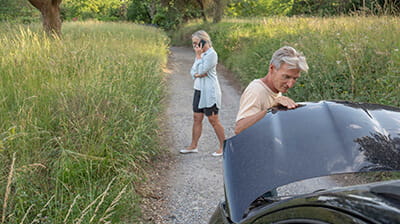
Flexible policies for over 50s, for breakdown cover you can rely on.

It depends – the days of automatic discounts for women drivers are long gone. But there are ways everyone can save.
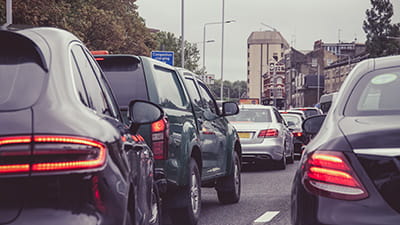
Find out everything you need to know about electric cars and the congestion charge in London.
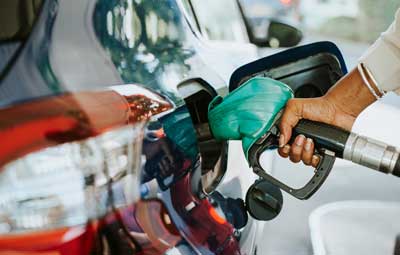
Putting the wrong type of fuel in your car an easy mistake to make. Here’s what to do if it happens to you…
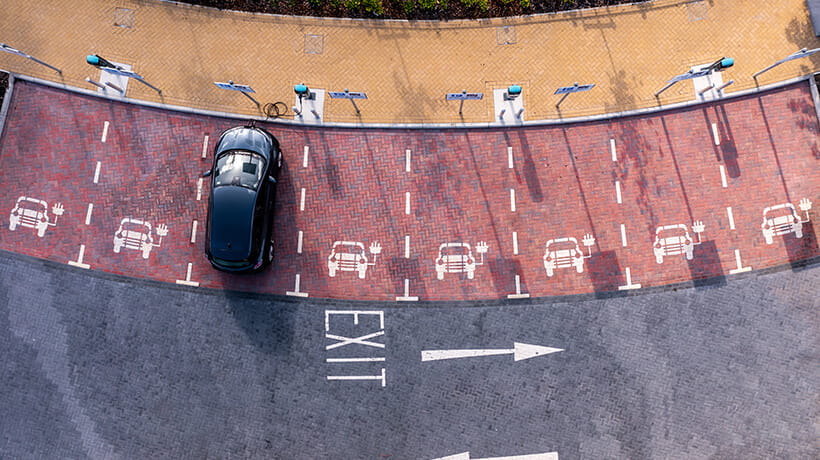
As electric vehicles increase in popularity, Saga explores how familiar drivers are with EV road signs and symbols, examining those from Gen Z to over 50’s.
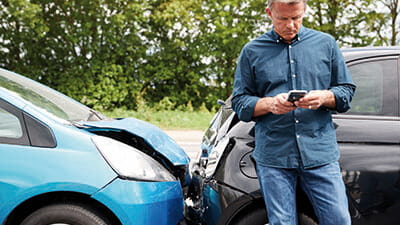
Has your car been damaged in an accident? Find out when your car might be written off and what to do if it is.
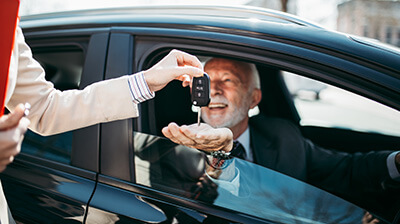

Knowing more about car insurance groups could help you save money on your insurance.